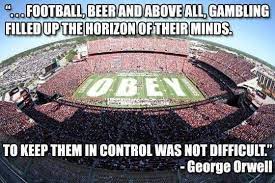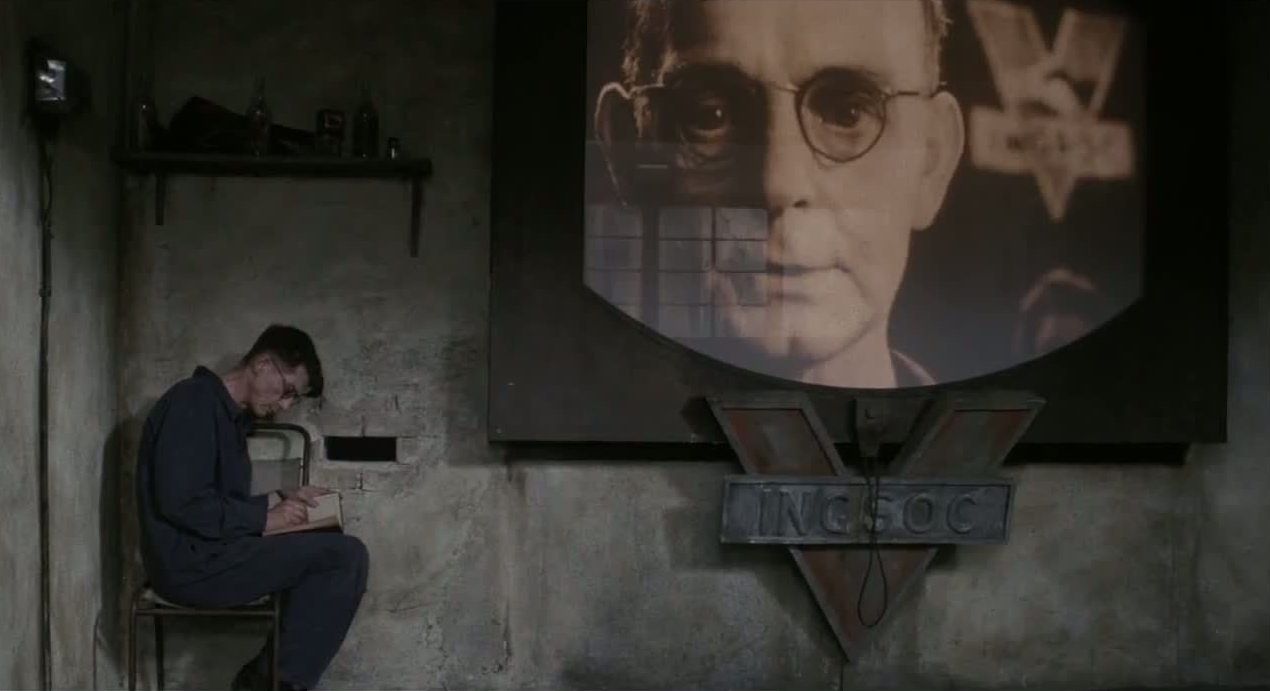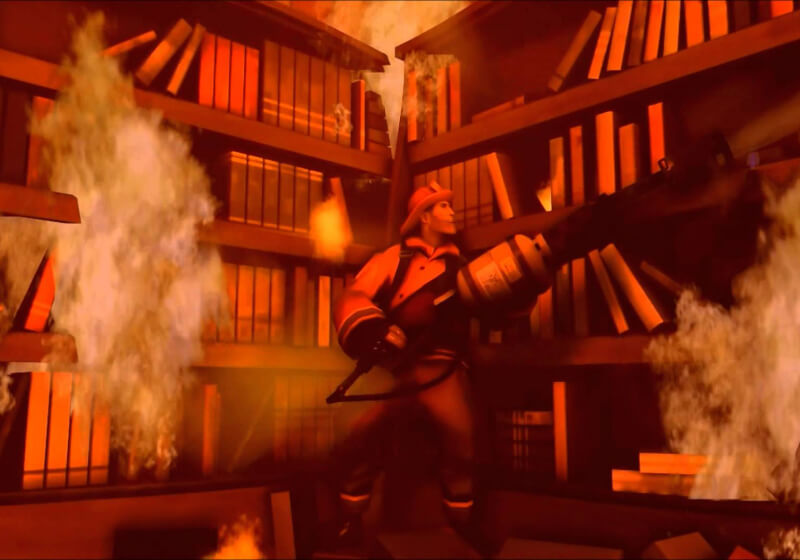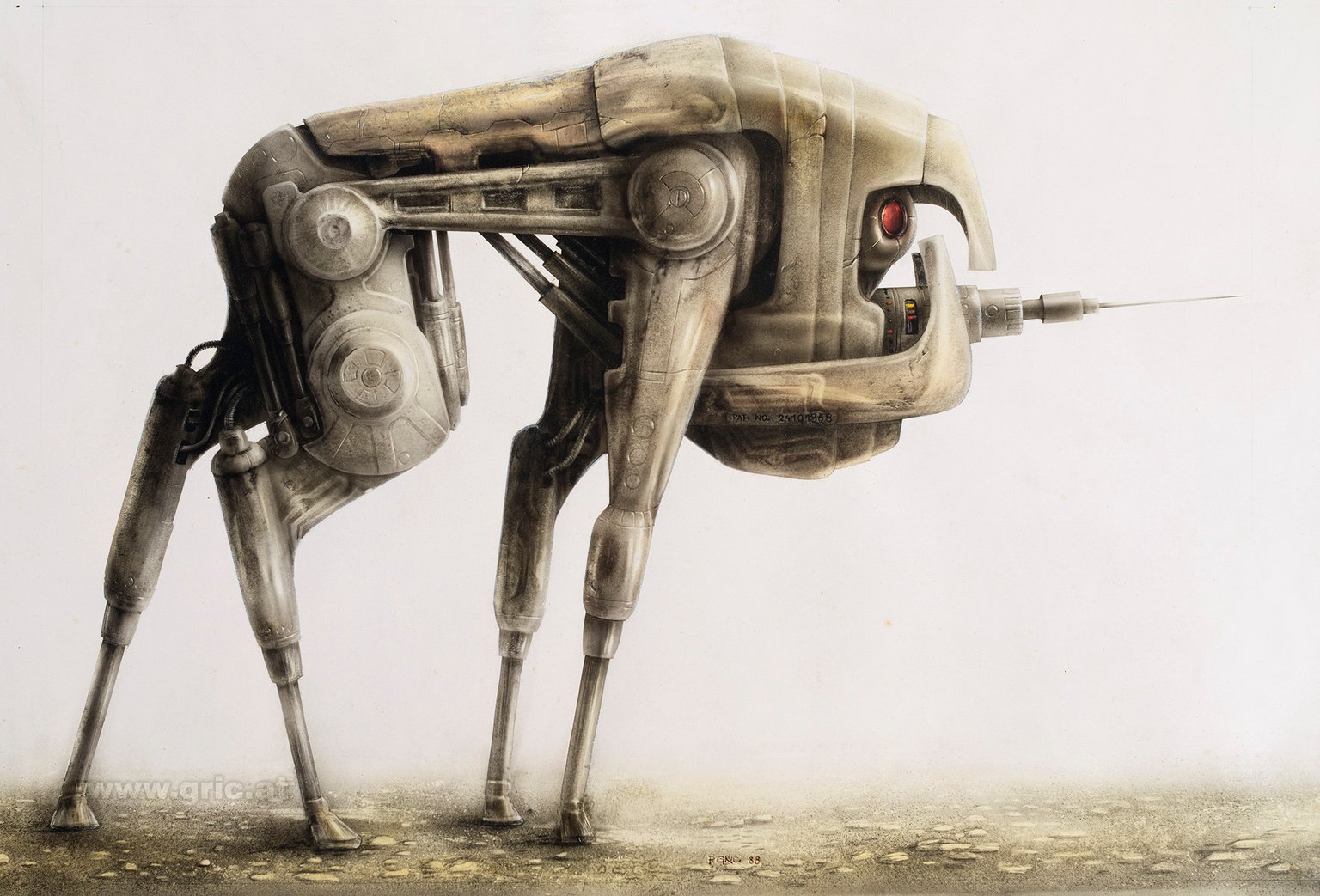by Jim Quinn, The Burning Platform:

Knowing the fate of the three protagonists in these novels does not provide much hope for those trapped in the same nightmarish dystopia we are experiencing today. The three protagonists in these dystopian novels have more similarities than differences. Montag, the fireman who burns books in Fahrenheit 451, is the protagonist who begins to question his life, his profession, and why he and most of the population are deeply unhappy. His curiosity about the books he previously burned leads him into conflict with his family, his bosses, and society. He murders his boss and becomes a fugitive among the other rebels who love books and refuse to knuckle under to the totalitarians blowing up and burning their world.
TRUTH LIVES on at https://sgtreport.tv/

John the Savage, who is a complete outsider in the “civilized” World State culture, is the main protagonist in Brave New World (a line from Shakespeare’s The Tempest). His knowledge of Shakespeare provides him with the rhetorical ammunition to hold his own in a debate with the controller of the World State, Mustapha Mond, but Mond’s totalitarian state where stability and happiness outweigh individuality, emotional connections and humanism, win in the end. John’s weakness leads to him giving in to his desires and ultimate suicide, much like a Shakespearean character.

Winston Smith, a Party member who commits thoughtcrimes by keeping a diary, believing The Party misleads about history, and questioning The Party orthodoxy, is the non-charismatic protagonist of 1984. His passive resistance against the totalitarian state becomes more overt and ultimately puts him into the clutches of O’Brien and the Thought Police, who inflicted physical and psychological torture upon Smith, until he breaks and becomes an emotionally deadened, loving follower of The Party.

Three of the greatest novels of all time, all written within twenty years of each other, had similar themes, analogous protagonists, and equally disheartening endings. It is certainly clear the warnings of these brilliant men were not heeded by the masses, mainly due to the techniques described in the novels regarding population control and suppression. The overlapping themes in the three novels have played out in various forms over the last several decades, as our world has slowly descended into a dystopia of our own making. There are several key themes in these novels that are perfectly aligned with our current predicament: (1) Technology as a Means of Control; (2) Censorship; (3) Individuality Versus State Control; (4) Truth, Happiness, and Materialism; (5) Dangers of Totalitarianism.
Technology as a Means of Control
“It didn’t come from the Government down. There was no dictum, no declaration, no censorship, to start with, no! Technology, mass exploitation, and minority pressure carried the trick, thank God.” – Ray Bradbury, Fahrenheit 451

Technology is the central source of societal evils in Bradbury’s Fahrenheit 451. It is the fundamental reason for the decline in reading by the populace and the means for destroying books with high tech flamethrowers. Bradbury’s view is that the advancement in technology is ultimately destructive to society and humanity. Bradbury’s vision of the future was spot on, with wall sized televisions and radio earbuds providing endless entertainment and distraction to the population, making books obsolete. Television was in its infancy, with small black and white screens and little programming in the early 1950’s.
Today, even the poor have big screen HDTVs on their walls and everyone at the gym has earbuds with their playlist blasting. No need for human interaction or reading a book. Thirty percent of Americans haven’t read a book in the last year, and a significant percentage of the 70% who say they have are lying. I’ve had friends and co-workers who acted proud of not having read a book since college.

The dumbing down of Americans and addiction to our gadgets can be greatly attributed to the “advancement’ of technology. Super-fast automobiles and a Mechanical Hound programmed to hunt down and kill fugitives are other examples of technology in Bradbury’s novel of addictive contraptions and robots used by totalitarian regimes for nefarious purposes. Today expensive fast cars are the narcissistic status symbols of shallow people trying to impress their friends and neighbors. Robots capable of killing and attacking humans are a reality and now Artificial Intelligence programmed robots are theoretically capable of thinking independently and potentially destroying the world.
Read More @ TheBurningPlatform.com



